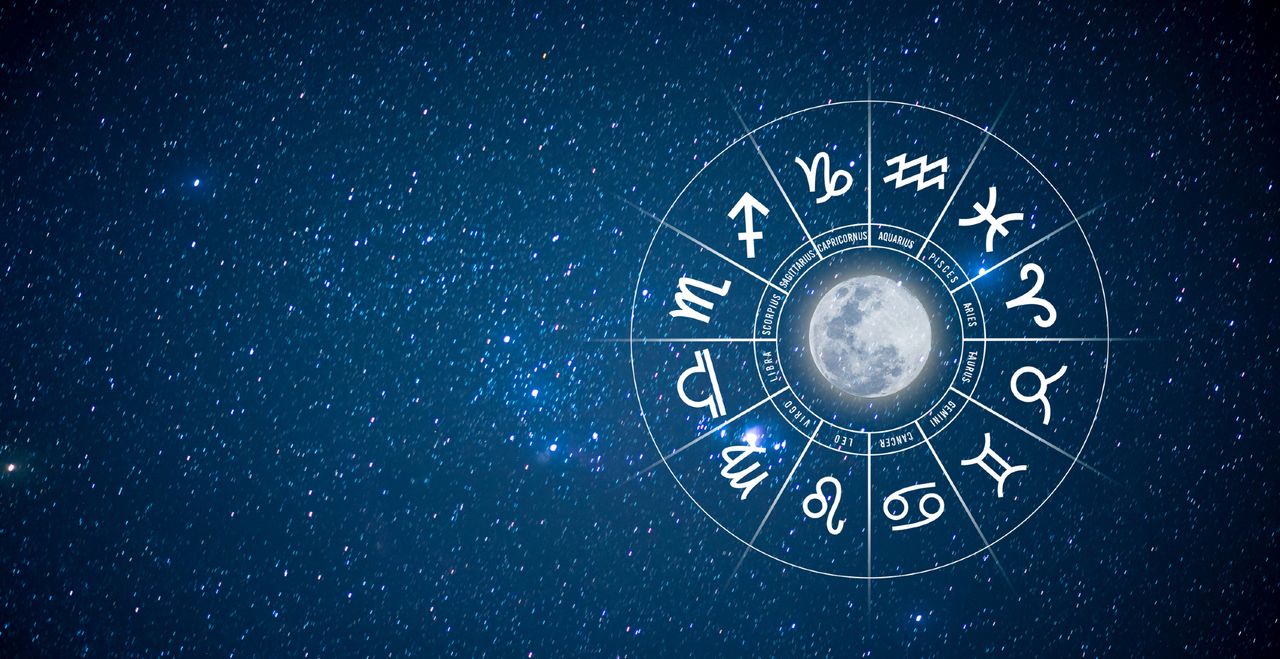The distinction between astronomy and astrology has captured human interest for centuries, with both fields offering unique perspectives on the cosmos. Astronomy, defined as the scientific study of celestial objects and phenomena, relies on empirical evidence and rigorous methods. In contrast, astrology is based on the belief that celestial bodies influence human behavior and personality traits. This article explores these two disciplines, highlighting their differences and inviting readers to deepen their understanding.
Understanding Astronomy and Astrology
Astronomy has its roots in ancient civilizations, where early astronomers meticulously charted the night sky to understand their world. This scientific field employs physics, mathematics, and observation to explore the universe, from distant galaxies to the planets in our solar system. Notably, significant events such as a lunar eclipse—when the Earth passes between the sun and the moon—are studied to expand our knowledge of celestial mechanics.
Astrology, on the other hand, uses the same celestial objects but interprets their positions and movements as symbols that can influence human affairs. Astrologers create horoscopes based on the alignment of planets at the time of a person’s birth, believing that such configurations impact personality traits and life events. For instance, many people consult their horoscopes to gain insights into their daily lives based on their zodiac signs.
The Cultural Impact of Both Disciplines
Despite their differences, both astronomy and astrology have profoundly impacted cultures, calendars, and conversations throughout history. Astronomy has played a crucial role in navigation, agriculture, and more, while astrology has influenced art, literature, and personal decision-making.
In modern times, the popularity of astrology has surged, with many individuals turning to daily horoscopes for guidance. According to a recent survey, approximately 30% of people in English-speaking countries engage with astrology in some form, whether through apps, websites, or social media. This trend points to a persistent fascination with the stars and their supposed influence on human lives.
This ongoing interest invites individuals to explore both fields further. To enhance your understanding, a quiz has been devised to challenge your knowledge of astronomy and astrology. It aims to differentiate between scientific facts and symbolic interpretations. Can you identify a lunar eclipse from a Saturn return? Do you know which planets are visible to the naked eye?
Whether you are an avid stargazer or a devoted follower of horoscopes, this quiz offers a fun way to test your cosmic knowledge. Engage with the challenge and see how well you score in distinguishing fact from folklore in the realms of the stars.






































































